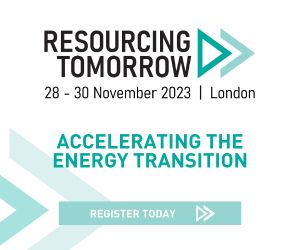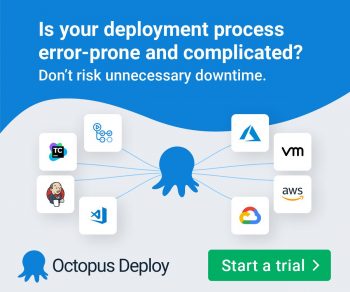Climate change has become a critical challenge of our time, affecting industries and economies worldwide. Amid growing pressures from regulators, investors, and consumers, disclosure requirements such as the International Financial Reporting Standards (IFRS) S2 Climate-related Disclosures are rising to prominence, prompting automotive companies to reassess their environmental impact and long-term sustainability strategies.
Climate Change: Risks and Opportunities for the Automotive Industry:
Climate change poses both substantial risks and opportunities for the automotive industry. Increasing regulatory pressures aim to curb carbon emissions, leading to stricter fuel economy and emissions standards worldwide. This could lead to financial impacts for the automotive industry such as penalties for non-compliance with emission standards or carbon taxes. Moreover, the escalating severity and frequency of extreme weather events raise concerns about supply chain disruption and damage to physical assets.
Meanwhile, two significant transitions are emerging as headwinds for overall vehicle demand. First, the phase-out of the internal combustion engine (ICE) heralds a watershed moment. Several countries have announced plans to ban ICE vehicles in the next two decades, with Norway leading the pack, aiming for a ban by 2025. This shift towards zero-emission vehicles is reshaping the industry’s traditional business model, posing a significant risk to both automakers and suppliers heavily invested in ICE technology.
Second, the growth of shared mobility services, coupled with a societal trend towards more sustainable transportation options like public transport, cycling, and walking, is impacting car ownership trends. These shifts signify not only a transformation in the type of vehicles demanded but also a potential reduction in the overall demand for vehicles.
However, these challenges also represent an avenue for innovative solutions and new growth opportunities. There is a burgeoning market for electric and hybrid vehicles, driven by consumers’ increasing environmental consciousness and supported by favorable government incentives. Additionally, breakthroughs in autonomous driving and connected vehicle technology offer significant potential for reducing emissions and enhancing fuel efficiency.
IFRS S2 Requirements
Amid this evolving landscape, IFRS has issued its inaugural standard on how companies should disclose climate-related risks and opportunities, their impact on business strategy, and their plans to mitigate risks and harness opportunities. Under S2 Climate-related Disclosures, companies are expected to provide quantitative scenario modeling, giving stakeholders insights into the potential impact of climate change on their financial position and performance. The standard outlines requirements to disclose:
- The impacts of climate-related risks and opportunities on their business model and value chain.
- How these climate considerations influence their strategy and decision-making.
- The effects of climate-related risks and opportunities on their financial position, performance, and cash flows.
- The resilience of their strategy and business model to climate-related changes, developments, and uncertainties.
Navigating Implementation
The implications of IFRS S2 for the automotive industry and its suppliers are significant. To meet the new requirements, companies must integrate quantitative climate scenario modeling into their business and financial planning processes. This calls for a significant shift from a predominantly qualitative understanding of climate-related risks and opportunities to a more measurable, quantifiable approach.
Quantitative climate scenario modeling provides a tool to analyze a variety of climate-related scenarios, considering factors such as potential regulatory changes, shifts in consumer behavior, and physical risks like extreme weather events. These models can be used to assess the resilience of current strategies and identify areas for improvement.
Companies will need to embed climate scenario modeling into every stage of the decision-making process. From designing new vehicles to selecting suppliers and planning logistics, all aspects must be scrutinized for their climate impacts and potential vulnerabilities. Such analyses can help automotive companies and their suppliers understand their exposure to climate-related risks better and make informed decisions about investing in mitigation measures or seizing new market opportunities. For instance, scenario analysis might reveal a higher-than-expected vulnerability to supply chain disruptions due to climate events, prompting a strategic shift towards supplier diversification or increased stockpiling.
As we journey towards a more sustainable future, the automotive industry is in a unique position to drive change. Climate change presents an unprecedented challenge, but with it comes the opportunity to reinvent and innovate. The sector’s success in navigating this transition will not only impact its future but also the broader global goal of combating climate change. Ultimately, the introduction of IFRS S2 represents a significant step towards a more sustainable and transparent automotive industry. As the impacts of climate change continue to escalate, such measures are not only beneficial but also essential to the long-term survival and prosperity of the automotive industry.

















